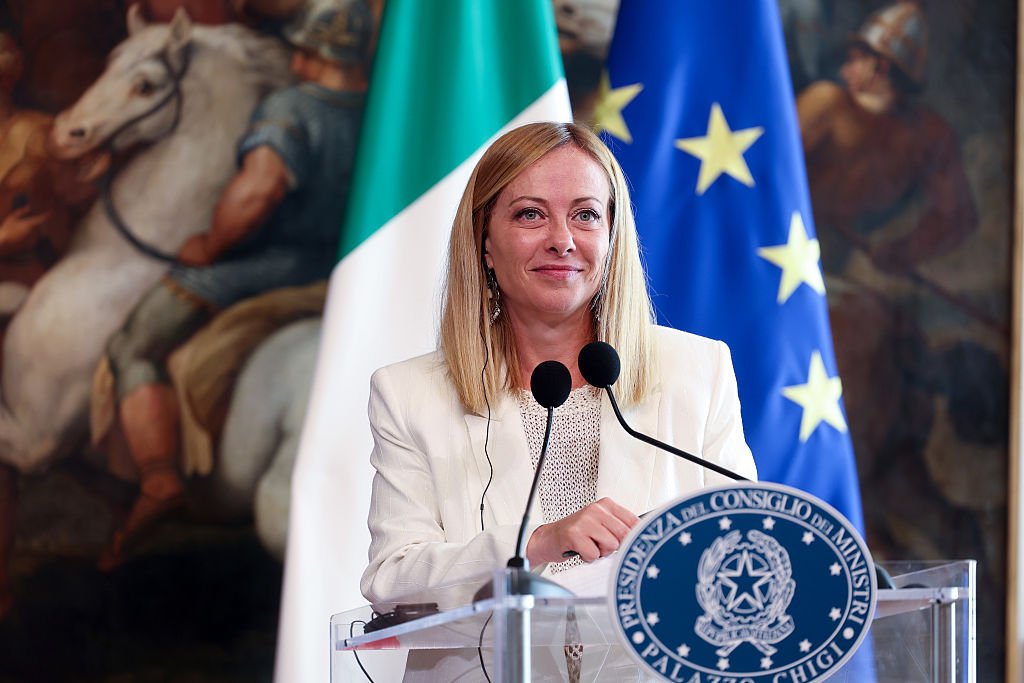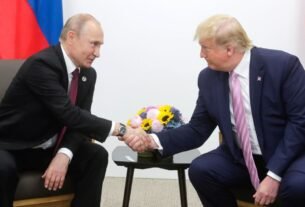ROME – Italian Prime Minister Giorgia Meloni on Wednesday claimed Italy helped shape Western plans for security guarantees to Ukraine, casting Rome as an architect rather than a bystander in Western talks.
Speaking at the Meeting of Rimini, a Catholic festival of politics and reflection, Meloni said a diplomatic breakthrough had finally been achieved after three years of deadlock with Moscow. She credited US President Donald Trump, Ukraine’s “heroic resistance,” and the efforts of the EU and Italy for creating that opportunity.
She insisted that any settlement must be based on “robust security guarantees for Kyiv,” and noted that Italy’s proposal, inspired by NATO’s Article 5 mutual defence clause, is now on the table. “We should be proud of this,” she told the audience.
Her remarks come amid debate over a US-backed plan to provide Ukraine with collective defence commitments outside NATO’s framework. Trump recently raised the idea during a call with Ukrainian President Volodymyr Zelenskyy and European leaders, echoing a formula Rome has long advocated. For Meloni, Washington’s turn toward such guarantees is evidence that Italy’s vision is influencing the West’s approach.
Meloni also addressed the conflict in Gaza, adopting a markedly different tone.
“We did not hesitate for a minute to support Israel’s right to defend itself after 7 October,” she said. “But we cannot remain silent now, after a reaction that has gone beyond the principle of proportionality, claiming innocent lives and affecting Christian communities that have always been a factor of balance in the region.”
The prime minister warned that Israel’s actions risk undermining prospects of a two-state solution and condemned “the unacceptable killing of civilians” and “an attack on press freedom.” She reiterated Italy’s call for a ceasefire and for Hamas to release hostages, while noting Italy’s role as a leading non-Muslim country in facilitating medical evacuations from Gaza. Two weeks ago, Meloni for the first time described the situation in Gaza as a genocide.
Her comments also came against the backdrop of a statement by nine European countries, including Germany, Italy, and the UK, earlier this month, which warned that Israel’s plan to occupy Gaza put Israel “at risk” of legal consequences under international law – a softer line than the outright condemnation voiced separately by France and Canada.
(de)





